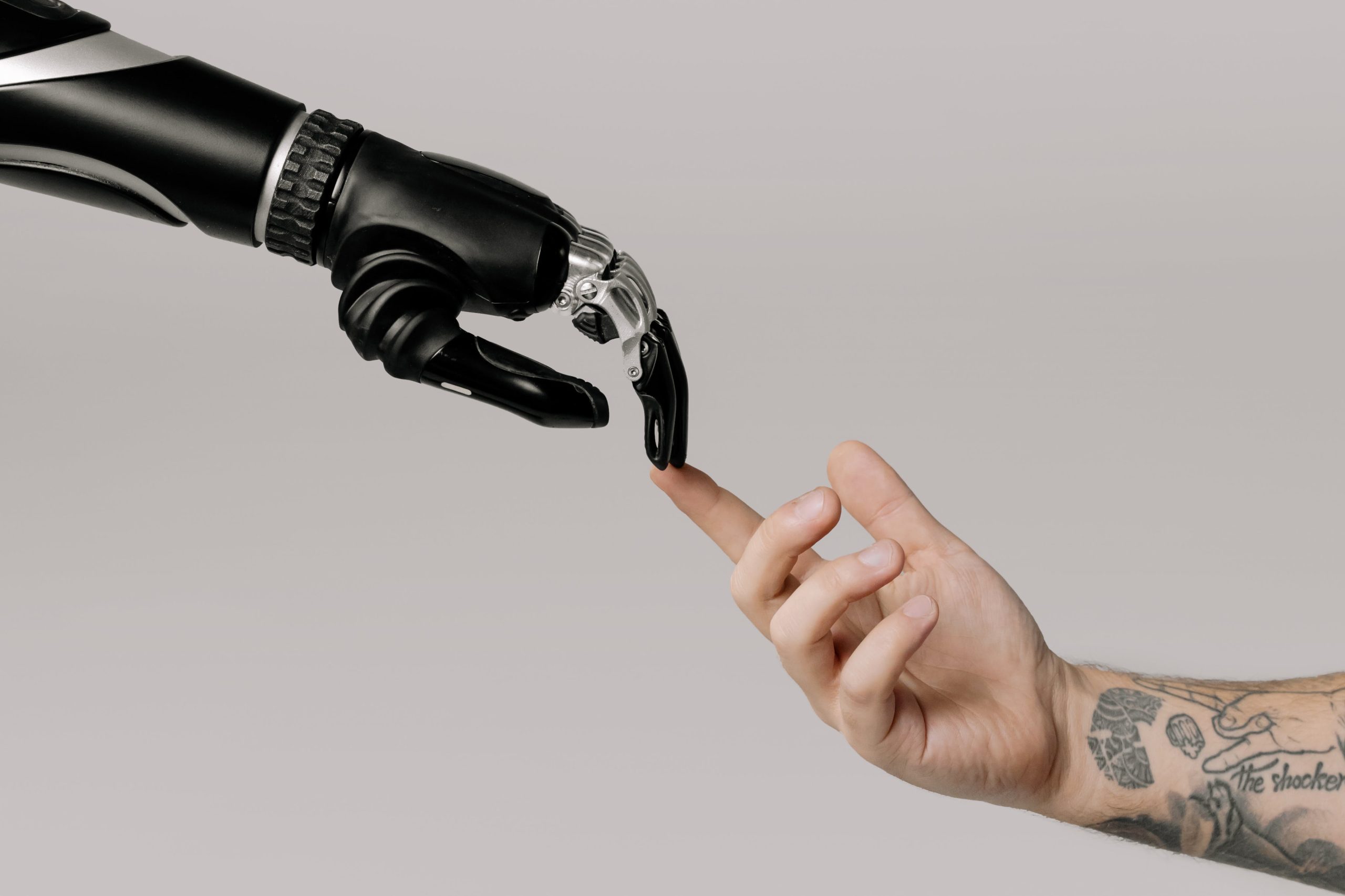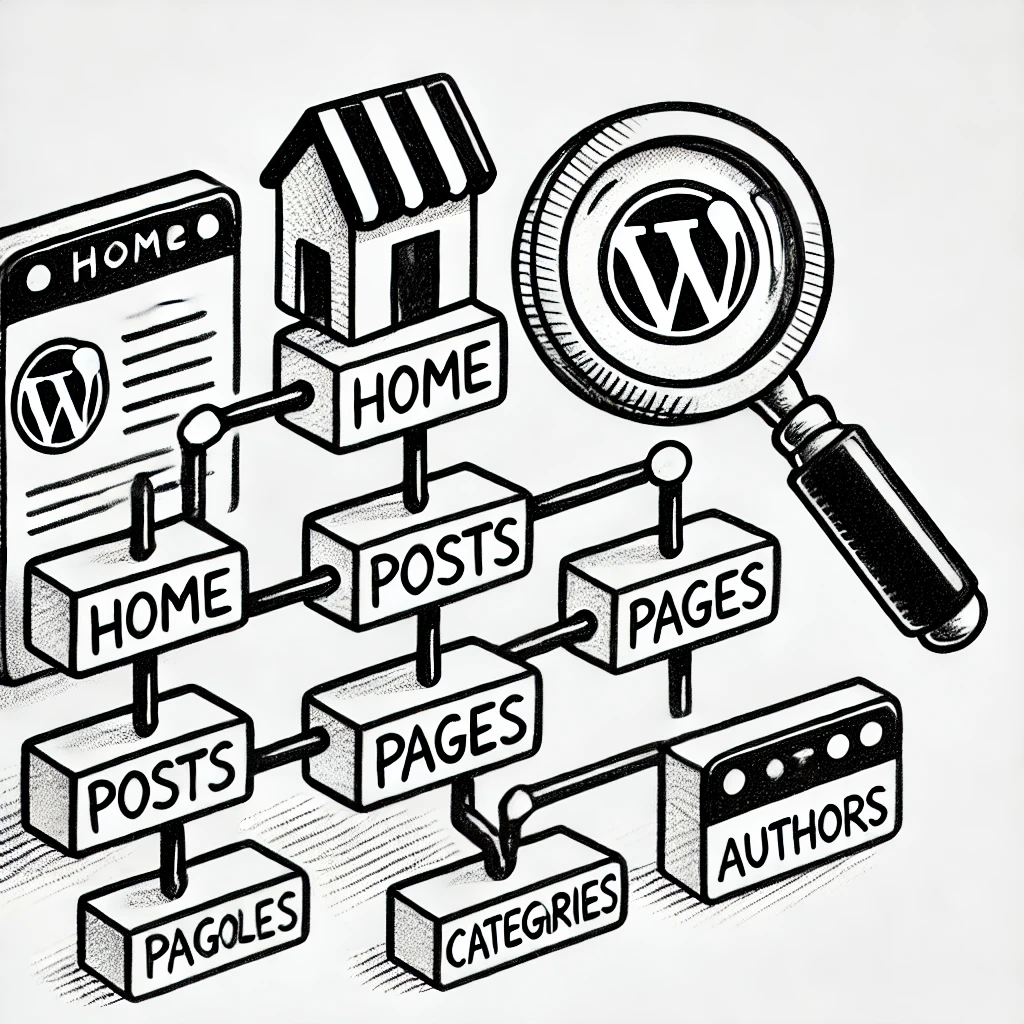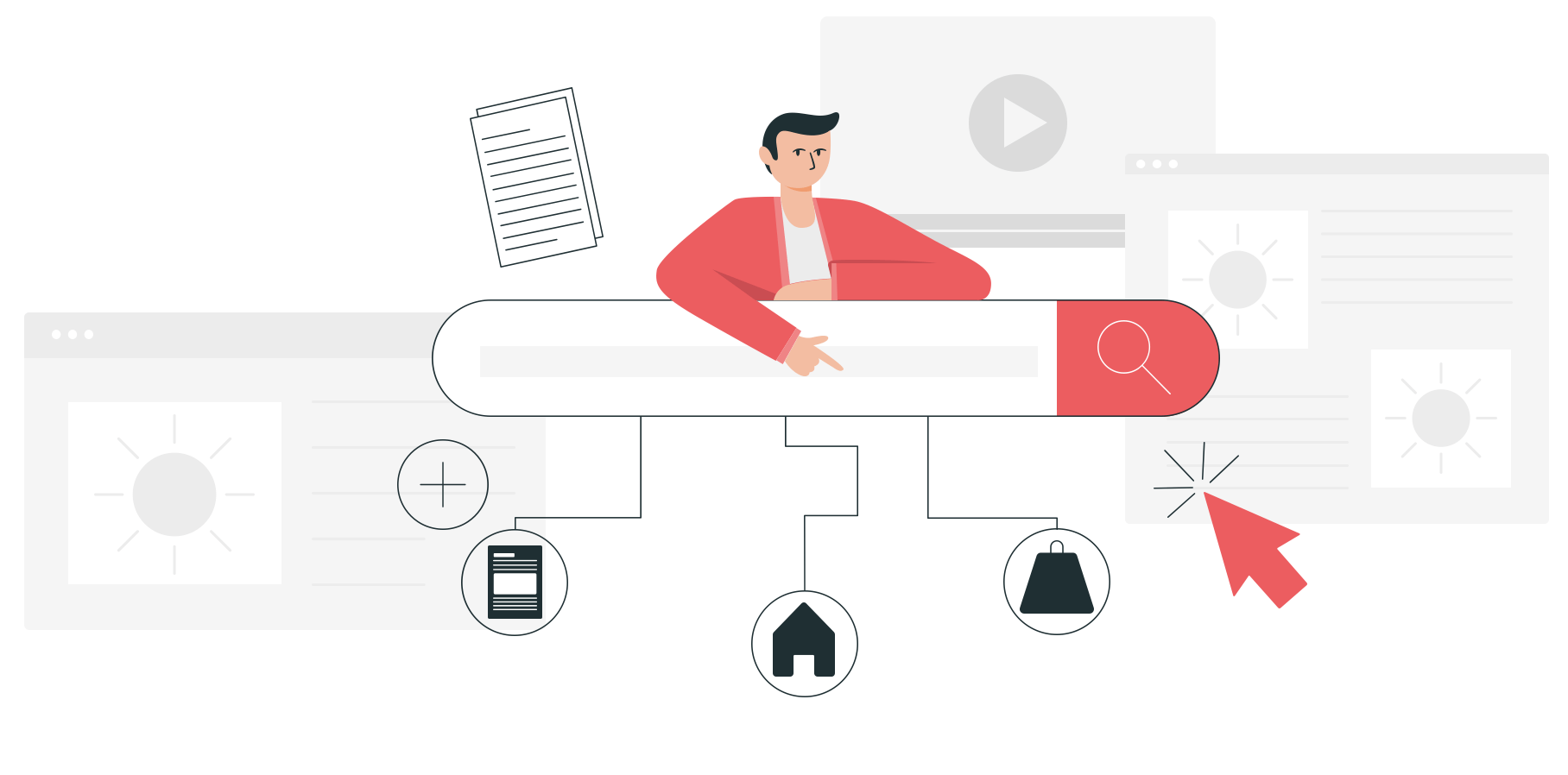The SEO landscape has changed so much with the integration of Artificial Intelligence (AI), prompting marketing teams to rethink their strategies.
Table of Contents
This article explores the influence of AI on SEO and how it has helped create efficiency with day-to-day tasks. Basically, it helps you save time on things that historically have taken a long, long, time. Especially if your website has a lot of pages.
How to Use AI for SEO?
Technologies such as Natural Language Processing (NLP), Natural Language Generation (NLG), and predictive analytics have been built into tools to help streamline tasks. These tasks include:
- Keyword clustering & ideation
- Content creation & optimisation (text, images, or video)
- Reporting & trend identification
This has allowed more time for creative tasks such keyword research and competitor analysis, which helps you find out what content you need to create and how to optimise it to rank above your competitors.
Will AI Replace SEO?
In my opinion, AI doesn’t replace SEO; it redefines its landscape.
AI complements SEO by automating tasks and providing space for human creativity.
As algorithms evolve, SEO professionals transition into roles emphasising strategic oversight, making sure that AI-generated work aligns with their overarching objectives.
For example, clustering keywords by topic and intent to really understand what content should be produced to meet the needs of the user.
AI transforms SEO by automating tasks and providing actionable insights
NLP (Natural Language Processing) can aid in understanding user intent for more targeted keywords, while NLG (Natural Language Generation) generates human-like content in the form of text, images, or video.
There are different predictive analytics tools that can help determine how certain keywords will perform based on trends, this can help you keep one step ahead of competitors by ensuring your content is published when users are searching for it. Some of these are;

Does AI-Produced Content Impact SEO?
AI-produced content can have a good influence on SEO when used judiciously. Google have already said that they are “rewarding high-quality content, however it is produced“.
If AI is used to produce content tailored to user intent, is factual, helpful, informative, and delivers a great experience, then it can really help grow SEO performance. However, it’s important a human reviews and edits it to make sure that is the case.
How Does AI Produced Content Help Grow SEO?
By integrating it into your workflow responsibly…
NLP can help with clustering keywords and ensuring the correct content is produced for user search intent, and NLG can be good for bulk content production, and optimisation.
How does it help grow organic performance? It saves time, allowing the SEO’s and content editors to focus on identifying the actual content that your target audience wants and engages with the best. More time can then be spent on reproduction, refreshing, refinement, assessing experience, and helpfullness.
Incorporating these AI techniques into daily operations empowers marketing teams to execute optimization strategies efficiently, fostering creativity and effectiveness in their day-to-day tasks.
How to Best Use SEO Data from AI Tools
There are some AI tools that provide valuable insights into user behavior, search queries, and SEO campaign performance.
Staying ahead of SEO trends is key for long-term success. As mentioned earlier in this article, there are tools offering predictive analytics that foretell future trends.
Here’s are a are some others:

How to Use AI in Content Production?
Fresh and high-quality content is central to SEO. Identifying the target audience, conducting keyword research, publishing, and optimising content, and incorporating visuals contribute to a better and helpful experience.
AI content generation tools, when integrated responsibly, further streamline the content creation process. They can also be used for automating manual content tasks and optimisation like writing meta titles and meta descriptions… However, again, it’s important humans review and edit this to make sure it is really meeting user demand.
How can Automating Tasks Help on a Large Scale?
Daily SEO and content operations can consist of several time-consuming tasks… especially if there are a lot of pages, and content, on your website…
Imagine optimising the page title for 1,500 different articles that have recently seen a decline in performance?
The content is fresh, and users generally have a good experience with it. However, search impressions, clicks and average positions are in decline…
You decide to run a few tests and tweak the page title, and headings, for hand full of articles because you noticed competitors are targeting keywords, which are recently in demand by the same audience, and your article doesn’t mention anything on the subject… This has helped reverse the decline in performance for a few articles and you have decided to roll the same approach out to the other articles…
Imagine how long that will take while still trying to produce new content!!!
From meta tag optimisation to image alt tags, video transcripts, and internal linking, AI tools can scale SEO and help deliver a better experience for users if integrated responsibly!
Here is a list of helpful tools for automating some of these tasks:
- SEMRush, Ahrefs and Keyword Insights
- Google Cloud Vision and Sensifai
- Bard, ChatGPT, Jasper, Content Shake (SEMRush) and Byword.ai
- Clearscope.io and Fraser.io
- Loyal.ai, NeuronWriter, and AlliAI
Here is a good blog post by Erica Santiago for a more comprehensive overview on some of these tools: https://blog.hubspot.com/marketing/ai-seo
So, to summarise…
AI can be used to help create better user experience and produce helpful, valuable, and factual content at scale… it also helps do the boring tasks that generally take a long time!





Leave a Reply